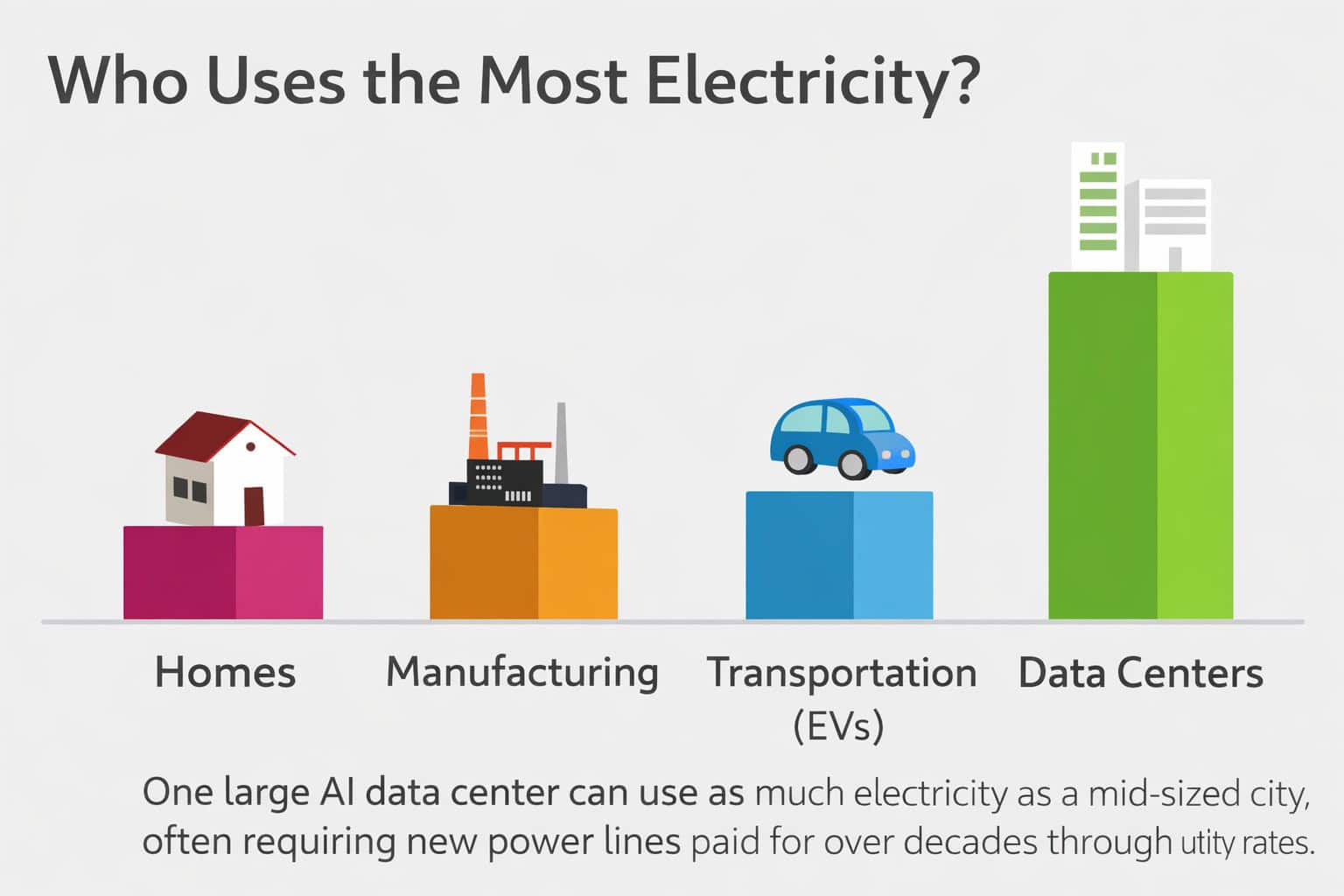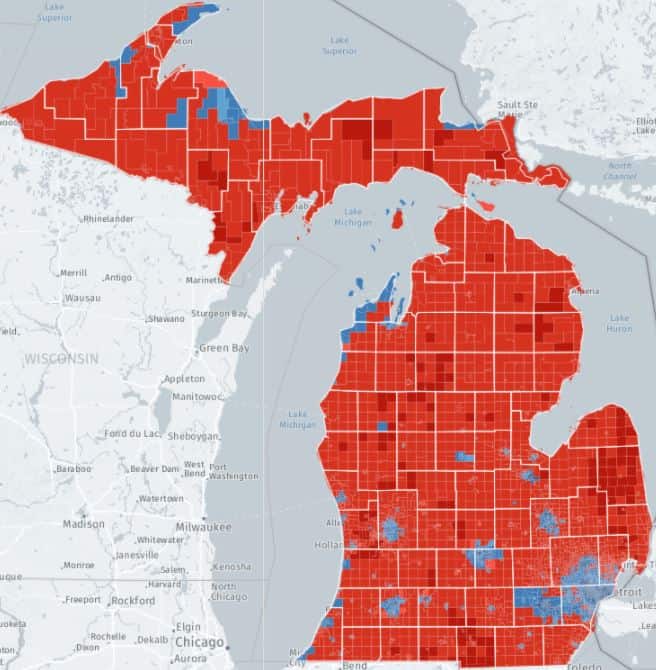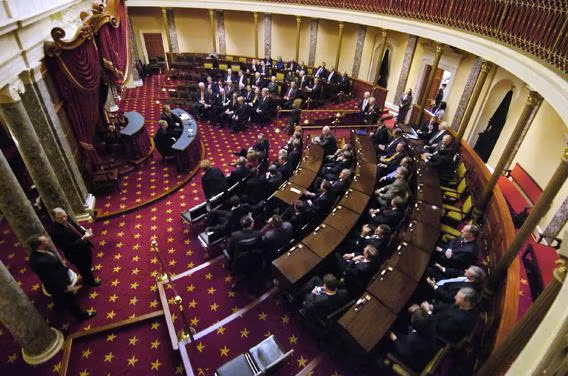LANSING – As
the Michigan Senate Energy and Technology Committee wrapped public testimony on
part of its energy policy package, renewable power companies and environmental
groups urged that the panel retain the state’s current net metering program.
Under the
bill (SB
438), those producing their own power
but still connected to the utility would essentially be charged for all the
power they use but be credited the wholesale value of any power they generate.
Supporters
of the current system said the change would potentially eliminate the market
for solar power in the state, but utilities said the change was needed to
ensure they can cover the costs of their infrastructure.
Mike Linsea,
owner of Solar Winds Power Systems, said his business stagnated over the past
year as the future of the net metering system came into question. “If we
can’t get past the math, solar isn’t going to work,” he said.
If the
system does change, Linsea said those producing their own power should see
prices reflect that they produce during peak times.
Jim Hall
with the Michigan Electric and Gas Association said the current net metering
program works as long as the number of customers using the service remains as
it is. “Those customers continue to not pay their share of the
distribution costs,” he said, but they are few enough to not raise revenue
concerns for his member utilities.
“Our
concern is with the growth more than the current level of net metering,”
he said, adding some states are seeing that growth.
“In the
long run, it’s going to be better to get the pricing signals right even for the
solar suppliers,” Hall said. “They should want to support the grid
because they need it.”
Colgrove
said the net metering system has to accommodate those who are intentionally not
generating more than they need.
Shaun Taft,
chair of the Coalition to Keep Michigan Warm, urged that low-income residents
be considered in discussing the bill. She did not state a position for her
organization, but said she personally opposes the bill because low-income
residents would not be able to participate in the net metering program and so
would end up subsidizing it.
“When
you think of the things that folks can do that are a little more affluent …
most folks that we serve would never be able to purchase that equipment,”
she said.
Loss of the
efficiency standards will mean loss of those programs, advocates said.
Jim Weeks,
executive director of the Michigan Municipal Electric Association, said
eliminating the renewable and efficiency standards would not mean backsliding
on those issues.
“While
municipals are strong supporters of renewable energy and energy efficiency, we
would like to be able to do so without rigid state mandates,” he said.
Mike Nofs(R-Battle Creek), chair of the committee, said the panel
would have one more discussion on the bill next week with Michigan Agency for
Energy Executive Director Valerie Brader. Discussions onSB
437 will resume the following week.
This story
was published by Gongwer News Service. To subscribe, click on www.gongwer.com






